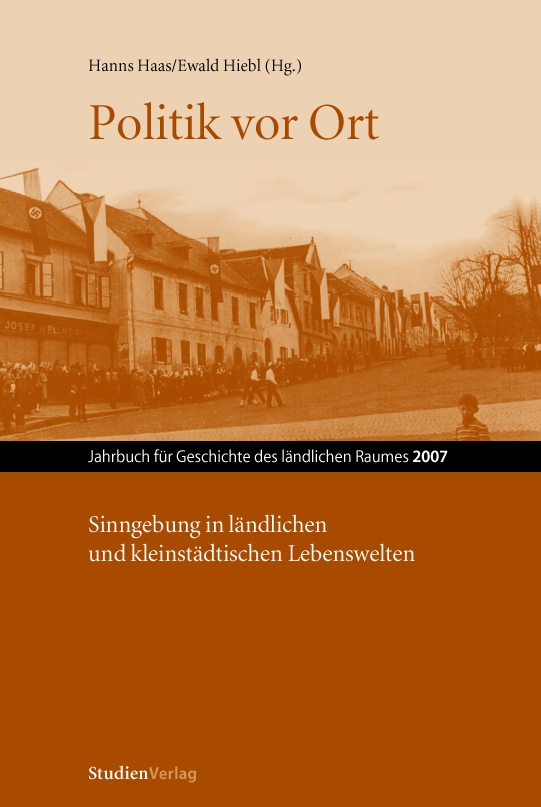Wie aus Dörflern Österreicher wurden
Identitätspolitik in einer niederösterreichischen Landgemeinde am Beginn der Zweiten Republik
DOI:
https://doi.org/10.25365/rhy-2007-12Abstract
This article deals with the formation of collective identities in the early period of the Austrian Second Republic. Questioning the process of community building mostly tends to separate identities on the national level from those on the regional and local levels. However, the case of identity politics in a rural community shows that national identities are socially and culturally constructed in close relation with regional and local identities. From 1945 to 1960, different imaginations of national communities were represented by the organizers and participants of local festive events: ‘Austria’ as a pedagogical norm, as a political-ideological key term, as a local metaphor. These social and cultural constructions were embedded in macro-level conditions, namely the economic and political rebuilding of Austria after the Second World War, as well as micro-level conditions, namely identity politics by village elites. The author argues that the formation of Austrian imagined communities after 1945 is based not only on temporal but also on spatial processes of identification and differentiation.


